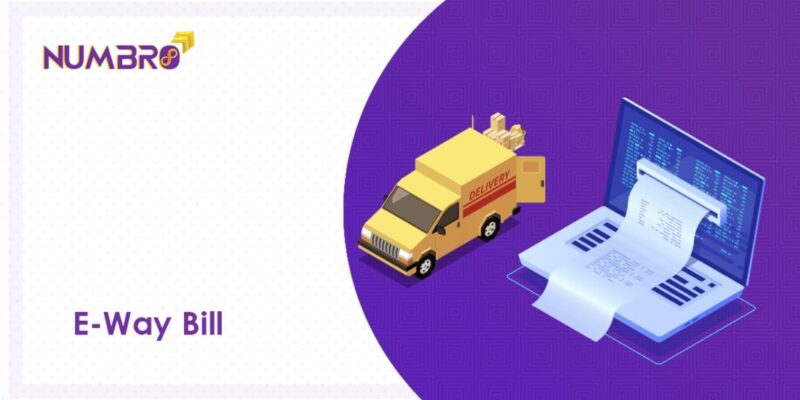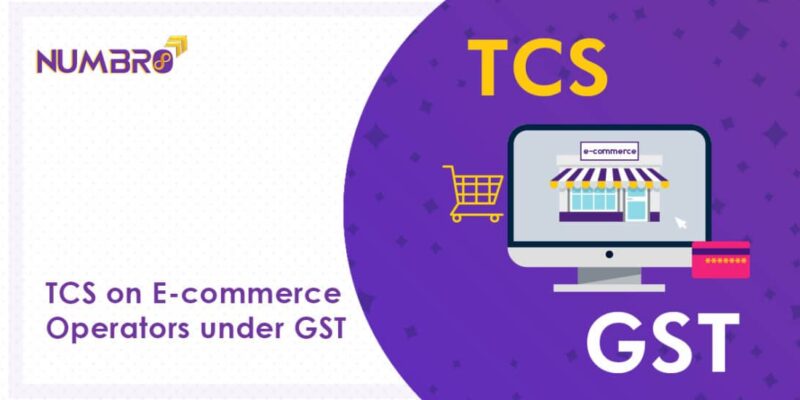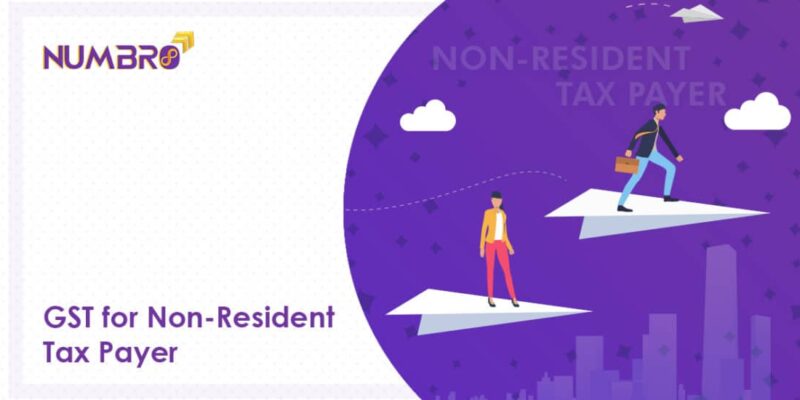E-Way bill : Eway bill under GST, Cases, Generating E-waybill and Validity.
What is E-Way Bill :
An E-way bill is a document containing the details relating to the consignment of goods such as quantity, rate, description, name of consignor, consignee, date and mode of transport, details of the vehicle, origin and destination of the consignment. It acts as mechanism to check the tax evasion. It can act as tool to track the movement of goods.
E-Way bill mechanism under GST –
E-way bill mechanism is prescribed under Rule 138 of the CGST Rules, 2017. E-waybill has to be generated by an electronic portal before the commencement of movement of the goods and a unique number is generated which is valid for a specific period.
It can also be generated or cancelled through SMS, Mobile APP or from a software which has an API with the GST portal.
The new E-way bill system replaces the old waybill systems under different VAT laws under different states, tries to unify the same, and helps in seamless transit of the goods throughout the country. It reduces the complexity and reduces the time at the check posts, which improved the logistics.
E-way bill system is also linked to GST Returns. Data can be imported from Waybill portal to GST Portal. Government can use this as a tool to curb the leakage of revenue; it can issue notices if there are discrepancies.
Cases where E -Waybill to be issued-
Every registered person under GST who causes movement of goods (which may or may not necessarily be because of supply) of consignment value more than Rs. 50,000/- will be liable to generate E-way bill.
E-way bill shall be issued for transportation of goods not only on account of supply but also for Imports/exports, jobwork, exhibitions or fairs, for own use, sale on approval basis, sales returns, SKD and CKD, recipient not known, repair of goods, free samples etc.
In cases like Interstate movement of goods by Principal to Job Worker and Dealer of Handicraft goods exempted from GST registration, waybill needs to be generated even if the value of consignment is less than Rs. 50,000/-.





